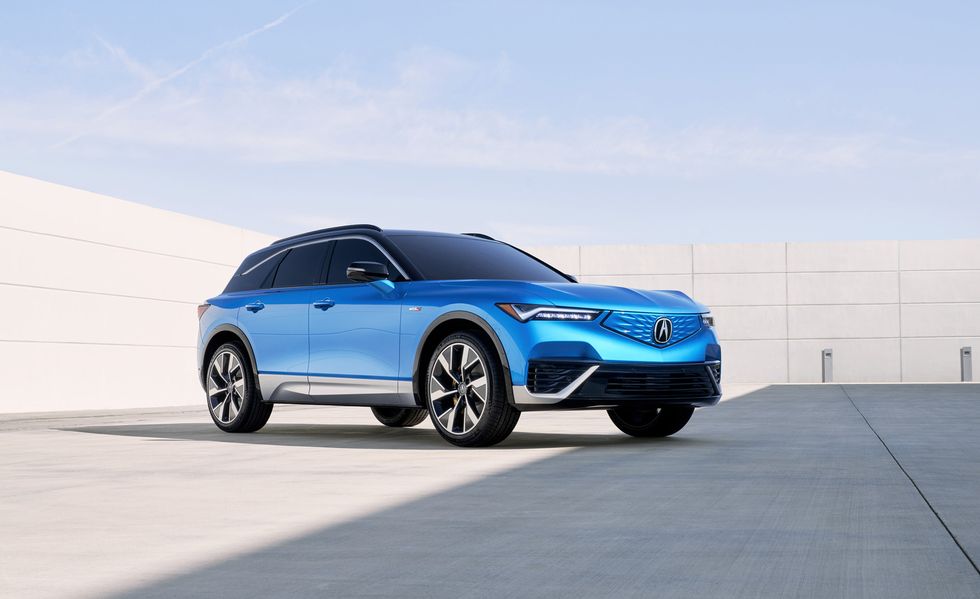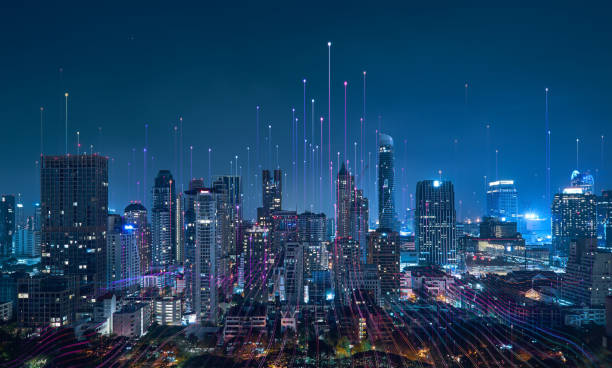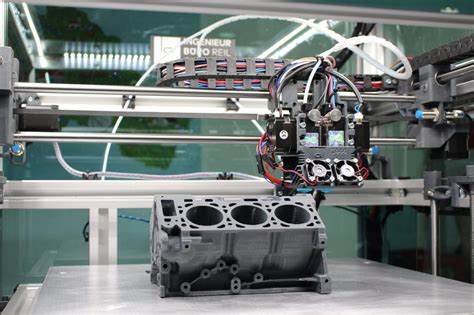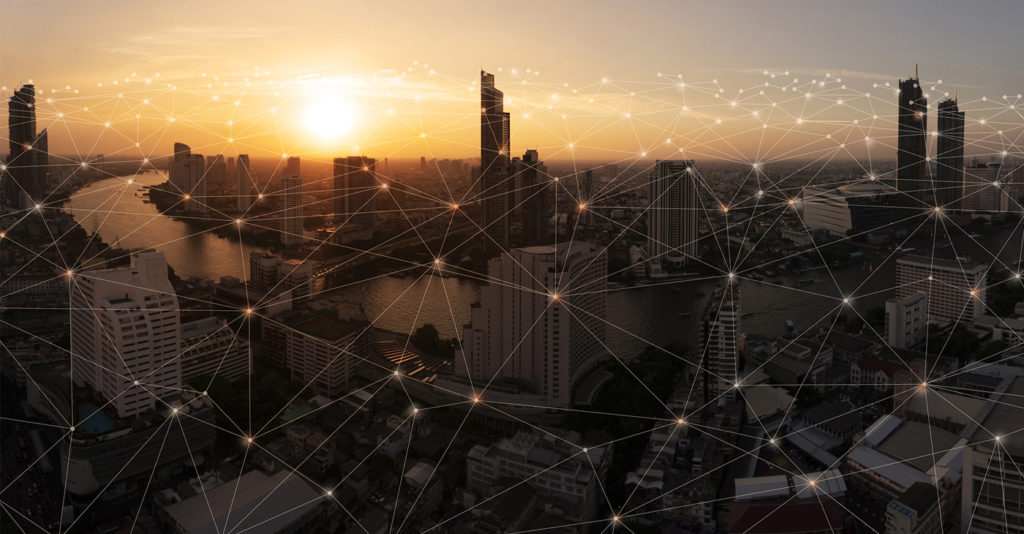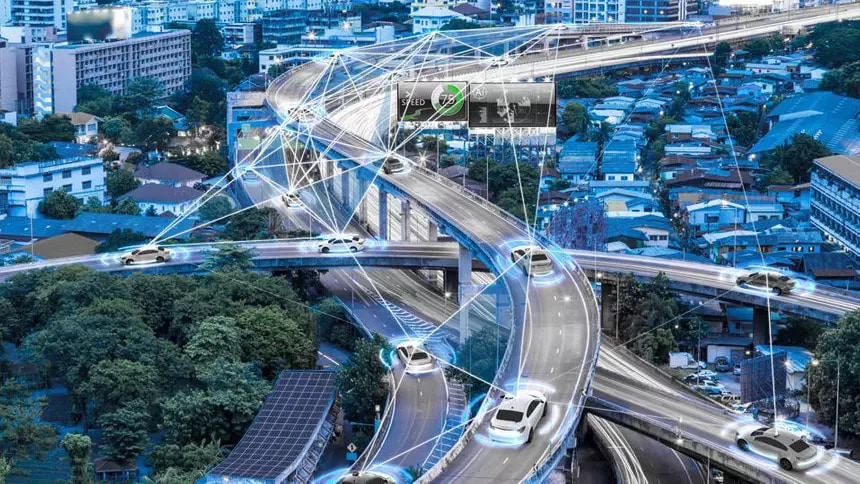
The financial impact of an ever-increasing traffic around the world is enormous. Wasted fuel and time as well as an increase on the cost of transporting goods all contribute to a reduction in efficiency of the network of roads and highways and a financial burden that could be reduced.
The concept of smart cities is increasingly popular with metropolitan centers as the return of investment is immediate and high. Traffic management has seen tremendous leaps in recent years in terms of efficiency, versatility and convenience. Urban areas can utilize different types of electronic devices and sensors to collect an impressive range of data, from traffic flow at intersections, road construction conditions, incident recognition, available parking spaces, etc.
All these data elements can be captured thanks to low-power wide-area networks (LPWAN). LPWANs are especially well suited for battery-operated sensors and any device in general that do not need large bandwidths to communicate with a backend. The long range of LPWANs, combined with a star topology, greatly reduce expensive infrastructure requirements.
The brain of the entire system is located at the backend, where decisions are made using sophisticated AI and algorithms. Since LPWANs are bi-directional, real-time decisions can be made centrally and communicated back to the field. For example, modifying the timing of traffic lights in a specific sector could alleviate a sudden surge in car movements following a sporting event. The addition of traffic cameras also means the system can provide a 360 view of the entire city, with the ability to focus on problematic areas when major events and incidents occur.
Finally, smart toll collection is also a major area where Faraday Tech can help. With the right technologies, we can help you eliminate the need for gates, which only increase congestion in times of high traffic.




